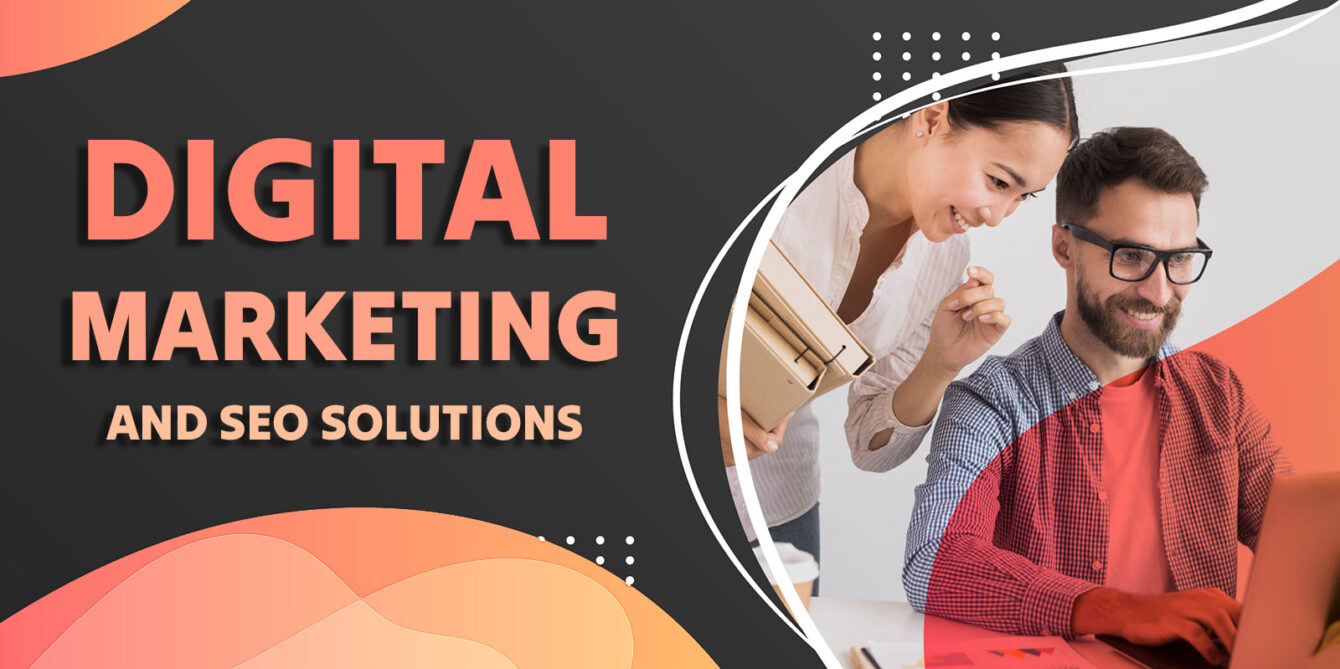Advertising vs. Digital Marketing: Which Is More Cost-Effective?
In the modern business landscape, marketing is an essential tool that companies use to promote their products or services. But with the advent of digital technology, a new competition has emerged: traditional advertising vs. digital marketing.

Understanding Traditional Advertising
Traditional advertising refers to offline marketing methods such as TV commercials, radio ads, print media, billboards, and direct mail. These methods have been utilized for decades and are recognized for their ability to reach a broad audience.
Pros and Cons of Traditional Advertising
Pros
- Wide Reach: Traditional advertising mediums like TV and print can reach a large number of people.
- High Impact: The physical presence of traditional ads, like billboards, can create a strong impression.
Cons
- Expensive: Production costs for TV commercials or print ads can be high. Also, buying ad space in popular mediums can be costly.
- Not Easily Measurable: It’s often difficult to measure the direct impact of traditional advertising on sales.
- Understanding Digital Marketing
- Digital marketing, on the other hand, encompasses all marketing efforts that use the internet or electronic devices. This includes SEO, content marketing, social media, email marketing, and PPC campaigns.
Pros and Cons of Digital Marketing
Pros
- Targeted: Digital marketing allows you to target specific demographics, leading to more effective campaigns.
- Cost-Effective: Compared to traditional advertising, digital marketing often requires less investment.
- Measurable: With digital marketing, you can track the effectiveness of your campaigns in real-time using various tools.
• Cons
- Time-Consuming: Developing effective digital marketing strategies can be time-consuming.
- Requires Technical Knowledge: To leverage digital marketing, one needs to understand various platforms and tools.
Advertising vs. Digital Marketing: The Cost-Effective Choice
When it comes to the cost-effectiveness of advertising vs. digital marketing, several factors come into play. Traditional advertising methods can come with high upfront costs and may not offer a high return on investment (ROI) for small to medium businesses with limited budgets. On the other hand, digital marketing is often more cost-effective, offering a higher ROI, particularly for businesses targeting a specific audience.
Moreover, digital marketing provides flexibility in budget allocation. You can start small and increase your spending as you see results. Plus, the ability to measure results in real-time allows for quick adjustments to maximize effectiveness.
However, it’s important to note that the most effective marketing strategy often involves a mix of both traditional and digital methods. The key is to understand your target audience, their preferences, and the platforms they use.
Conclusion: A Balanced Approach
While digital marketing generally offers more cost-effectiveness and a higher ROI, traditional advertising still has its place, especially when trying to reach a broad or local audience. Therefore, a balanced approach that leverages both advertising and digital marketing, tailored to your business needs and audience, can potentially yield the best results.






